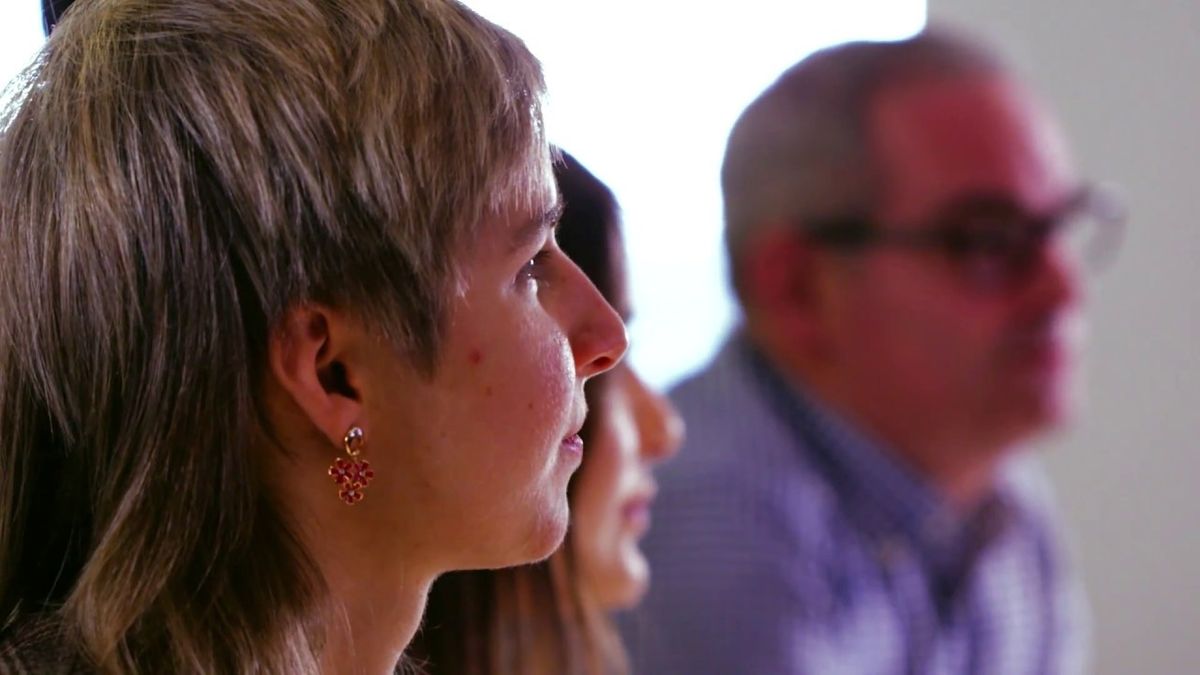The Women's employee resource group at Microsoft is one of the largest at the company, reaching over 20k women globally. From volunteer programs to leadership summits, growing female talent is crucial to the success of Microsofts diverse team.
Take it from one of their own employees:
"The most important thing in life is to love what you do, and if you love what you do it's no longer a job."
You, too, can join the Microsoft team. See all available opportunities here, and make sure to follow Microsoft to stay up-to-date on future openings.
You may also like View more articles
The Best Remote Companies to Work for in 2024
Dec 15, 2022
Helping women “WIN” at Freddie Mac
Apr 03, 2024
A look at our 2024 Empower Her summit
Apr 05, 2024
Open jobs See all jobs




